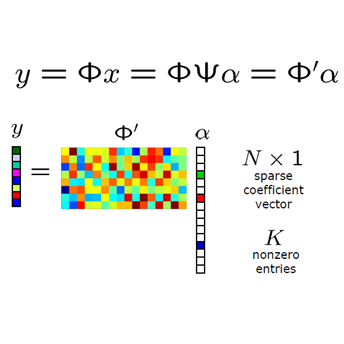Purpose: To develop a synergistic image reconstruction framework that exploits multicontrast (MC), multicoil, and compressed sensing (CS) redundancies in magnetic resonance imaging (MRI). Approach: CS, MC acquisition, and parallel imaging (PI) have been individually well developed, but the combination of the three has not been equally well studied, much less the potential benefits of isotropy within such a setting. Inspired by total variation theory, we introduce an isotropic MC image regularizer and attain its full potential by integrating it into compressed MC multicoil MRI. A convex optimization problem is posed to model the new variational framework and a first-order algorithm is developed to solve the problem. Results: It turns out that the proposed isotropic regularizer outperforms many of the state-of-the-art reconstruction methods not only in terms of rotation-invariance preservation of symmetrical features, but also in suppressing noise or streaking artifacts, which are normally encountered in PI methods at aggressive undersampling rates. Moreover, the new framework significantly prevents intercontrast leakage of contrast-specific details, which seems to be a difficult situation to handle for some variational and low-rank MC reconstruction approaches. Conclusions: The new framework is a viable option for image reconstruction in fast protocols of MC parallel MRI, potentially reducing patient discomfort in otherwise long and time-consuming scans.
翻译:目的: 开发一个利用磁共振成像(MRI)中磁共振成像(MRI)中磁共振成像(MRI)冗余的协同图像重建框架; 方法:CS、MC的获取和平行成像(PI)的单个开发完善,但三种成像(PI)的组合并没有同样得到很好的研究,更没有在这种环境下对异性成像的潜在好处进行同样的研究。 受全变异理论的启发,我们引入了异性MC图像常规化的异性成像仪,并通过将其纳入压缩的MC多焦核成磁共振成像(CS)来充分发挥其潜力。 在新的变异性框架和一阶算法中,出现了一个螺旋优化的问题。 此外,新的框架极大地防止了新变异性框架和新变异性模型的变异性。 快速变异的重建框架似乎是快速的模型。



